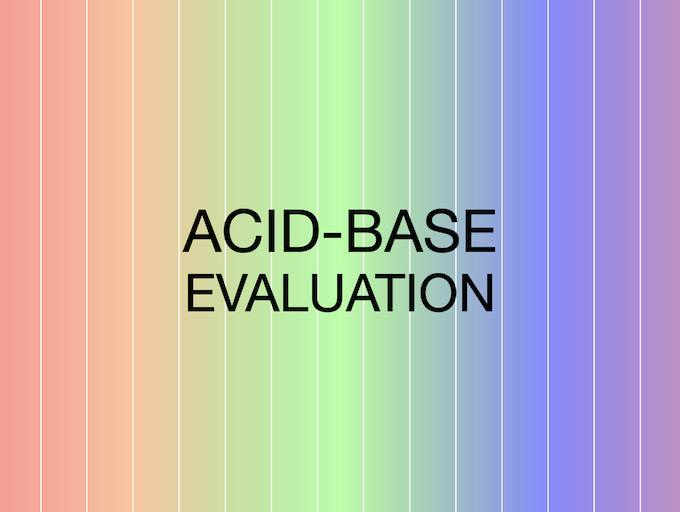
Blood Gas Interpretation
The blood gas is used to rapidly assess ventilatory function and identify acid-base disorders – and will also generally provide point-of-care testing of a number of values such as electrolytes, blood glucose and haemoglobin.

The blood gas is used to rapidly assess ventilatory function and identify acid-base disorders – and will also generally provide point-of-care testing of a number of values such as electrolytes, blood glucose and haemoglobin.

Acid-Base Library: Blood gas analysis and interpretation

aka Metabolic Muddle 013 A 30 year-old female was admitted to the ICU following a traumatic brain injury. Her ABG was normal on arrival. Since admission her condition has deteriorated and she now has circulatory failure requiring 100mcg/min of noradrenaline…

Arterial blood gas (ABG) is used to determine the adequacy of oxygenation and ventilation, assess respiratory function and determine the acid–base balance.

Reviewed and revised 7 January 2016 OVERVIEW Venous blood gases (VBG) are widely used in the emergency setting in preference to arterial blood gases (ABG) as a result of research published since 2001 The weight of data suggests that venous pH…

Indications: Evaluate the adequacy of ventilation, acid–base status, and oxygenation. Evaluate the patient’s response to therapy and/or diagnostic evaluation (e.g. oxygen delivery). Monitor severity and progression of a known disease process. Contraindications: Modified Allen test gives a negative result, indicating…

The degree of acid-base abnormality during cardiac arrest and cardio-pulmonary resuscitation (CPR) is dependent on a number of variables

Arterial Blood Gas in Hypothermia. The solubility of oxygen and carbon dioxide is increased at low temperatures.